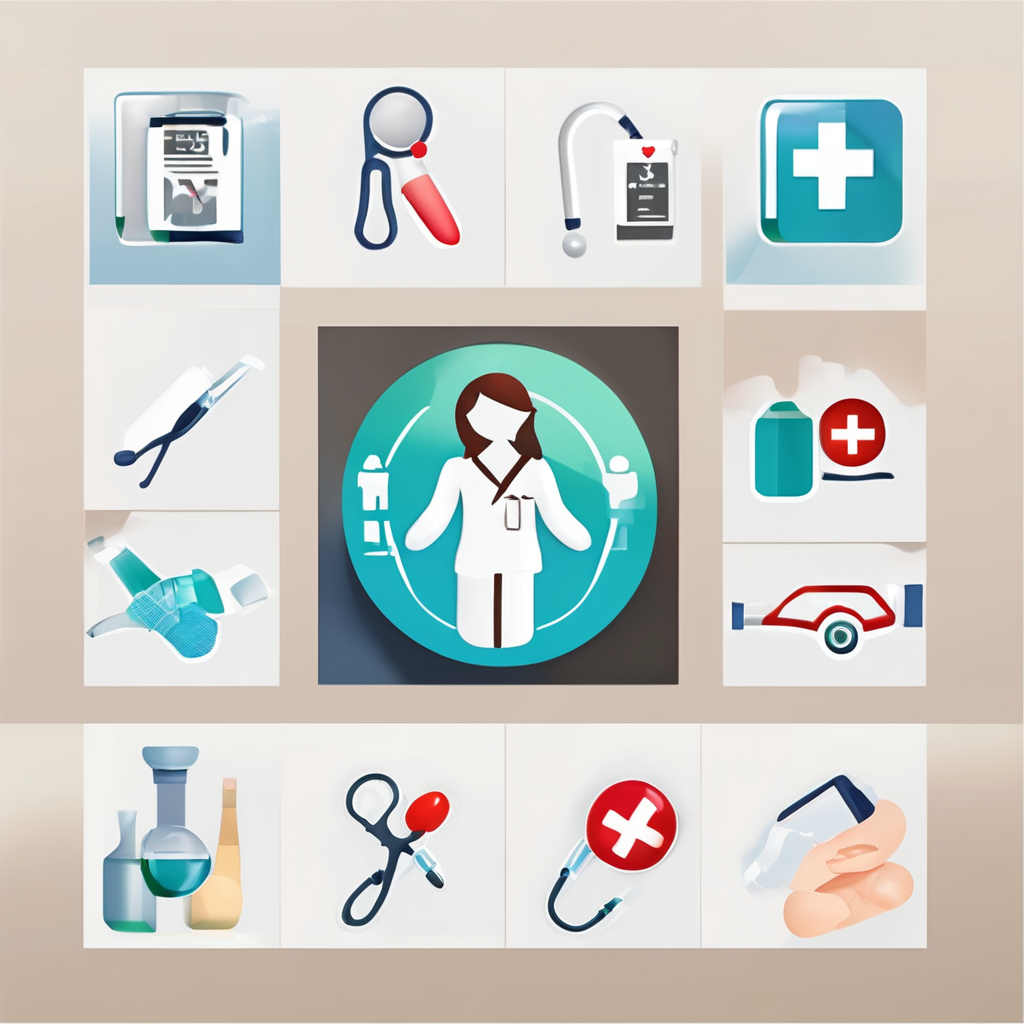In the diverse landscape of UK healthcare, supporting patients with disabilities poses unique challenges and opportunities. Navigating the available resources and services can sometimes feel overwhelming for health professionals committed to providing the best possible care. As the NHS and various organizations strive to enhance inclusivity, understanding what is available becomes pivotal. This exploration aims to equip health professionals with comprehensive insights into the resources they can leverage to support patients with disabilities.
Understanding Disability in the Healthcare Context
The term “disability” encompasses a broad spectrum of physical, mental, and intellectual impairments. Each patient’s experience is unique, and understanding these nuances is critical for healthcare providers.
Also read : Revolutionary Approaches by UK Audiologists to Maximize Cochlear Implant Success
Disability Statistics in the UK
According to recent studies, approximately 22% of the UK population is living with a disability. This statistic underscores the importance of addressing healthcare needs that cater specifically to this demographic.
The Role of Frameworks and Policies
Healthcare professionals must familiarize themselves with key frameworks and policies that inform disability care. The Equality Act 2010 is a cornerstone, ensuring that patients with disabilities receive equal access to healthcare services. Understanding this legal landscape helps professionals navigate their responsibilities and the rights of those they care for.
Also read : How can UK health professionals effectively conduct home visits for patient assessments?
Challenges Faced by Patients and Providers
While the UK is committed to inclusive healthcare, challenges persist. Patients often face barriers in accessing healthcare, and professionals may encounter difficulties in delivering tailored care due to resource limitations or lack of specific training.
Key Takeaway: Acknowledging the complexity and multidimensionality of disabilities is essential for providing effective care. Frameworks like the Equality Act serve as guideposts for both practitioners and patients.
Essential Resources for Health Professionals
1. NHS and Government Support
The NHS remains the bedrock of support for healthcare professionals, offering a plethora of resources geared towards disability care.
- NHS Accessibility Guides: These guides provide valuable insights into making healthcare settings more inclusive and accessible.
- Disability Liaison Services: Connecting with these services can help coordinate care and ensure that patients receive appropriate support.
2. Professional Training and Development
Ongoing education is crucial for keeping abreast of best practices in disability care.
- Disability Awareness Training: Courses specifically designed to enhance understanding and communication can be invaluable.
- Webinars and Workshops: Engaging in these learning experiences can offer insights into emerging trends and technologies.
3. Collaborative Networks
Building a network of professionals who specialize in disability care can be transformative.
- Multi-disciplinary Teams: Collaborating with occupational therapists, psychologists, and social workers can help provide holistic care.
- Professional Organizations and Forums: Joining bodies like the British Medical Association can offer support and advocacy.
Key Takeaway: By leveraging NHS resources, engaging in continuous professional development, and fostering collaborative networks, health professionals can enhance their capacity to support patients with disabilities.
Leveraging Technology and Innovation
1. Assistive Technologies
Technological advancements have revolutionized the way health professionals deliver care to individuals with disabilities.
- Communication Aids: Devices that facilitate communication for patients with speech impairments can dramatically improve patient-provider interactions.
- Mobility Solutions: Innovations in wheelchairs and prosthetics enhance independence and quality of life.
2. Digital Health Tools
The integration of digital health tools offers a promising avenue for improving patient outcomes.
- Telehealth Services: Remote consultations can improve access to healthcare for those with mobility challenges.
- Health Apps: Mobile applications designed for health tracking can empower patients to take an active role in their care.
3. Data and Analytics
Utilizing data analytics can provide insights into patient needs and healthcare delivery efficiencies.
- Predictive Analytics: Identifying patterns in patient data can help anticipate needs and personalize treatment plans.
- Electronic Health Records (EHRs): Streamlined EHRs ensure seamless information sharing among providers.
Key Takeaway: Embracing technology allows for more efficient, personalized, and patient-centered care, making a tangible difference for those living with disabilities.
The Importance of Mental Health Support
1. Understanding the Mental Health Needs
Patients with disabilities often face unique mental health challenges, which require sensitive and informed responses from healthcare professionals.
- Prevalence of Mental Health Issues: Studies indicate a higher prevalence of mental health conditions among individuals with physical disabilities due to factors like social isolation and discrimination.
- Stigma and Barriers: Overcoming stigma and barriers to mental healthcare is essential for holistic well-being.
2. Available Mental Health Services
Ensuring access to mental health services is a critical component of comprehensive care.
- Specialist Mental Health Services: Referrals to specialized services can provide targeted support for complex needs.
- Community-Based Programs: Engaging with community resources can offer additional layers of support and foster social connections.
3. Training in Mental Health
Healthcare professionals must be equipped with knowledge and skills to address mental health effectively.
- Mental Health First Aid Training: This training equips providers with the ability to recognize and respond to mental health crises.
- Workplace Initiatives: Implementing mental health awareness programs within healthcare settings can foster an inclusive atmosphere.
Key Takeaway: Addressing mental health is integral to delivering comprehensive care for patients with disabilities, ensuring that both physical and emotional needs are met.
The journey towards providing exemplary care for patients with disabilities is marked by ongoing learning, adaptation, and compassion. By understanding the resources available, from NHS support to cutting-edge technologies and mental health services, healthcare professionals can significantly enrich the lives of their patients. The focus on inclusivity, accessibility, and continuous professional development will pave the way for a healthier, more supportive healthcare environment for all.











